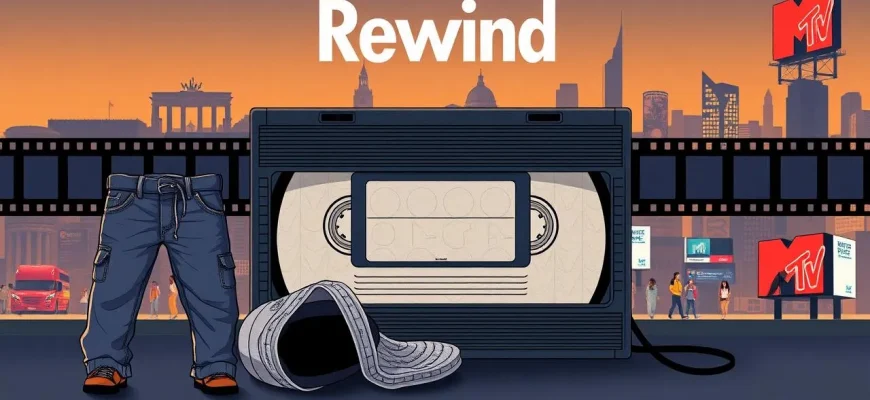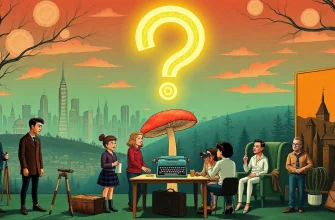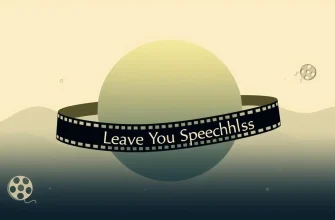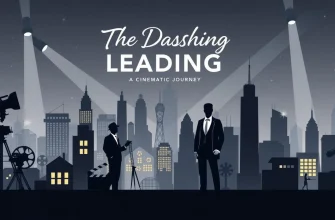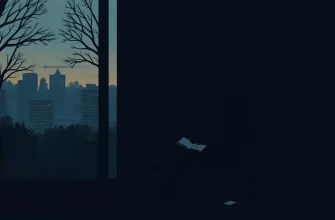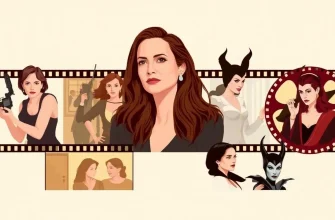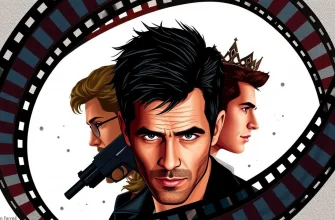The 1980s to 2000s were a transformative period in film history, marked by significant cultural shifts, technological advancements, and a variety of storytelling techniques. This curated list of films not only showcases the cinematic achievements of these decades but also offers a nostalgic journey through time, reflecting the societal changes, fashion, music, and political landscapes of the era. Whether you're looking for a trip down memory lane or an insight into the past, these films provide both entertainment and a historical perspective.

The Breakfast Club (1985)
Description: This John Hughes classic captures the essence of teenage life in the 1980s, with its iconic characters representing different high school stereotypes coming together for a day of detention.
Fact: The film was shot in sequence over the course of five days, and the actors improvised many of their lines.
 Watch Now
Watch Now 
Do the Right Thing (1989)
Description: Spike Lee's film captures the racial tensions in a Brooklyn neighborhood on the hottest day of the summer, reflecting the social issues of the late 1980s.
Fact: The film was shot on location in Brooklyn, and the heat was real, adding to the authenticity of the performances.
 Watch Now
Watch Now 
Goodfellas (1990)
Description: Martin Scorsese's masterpiece delves into the life of mobster Henry Hill, offering a gritty look at the American Mafia during the late 20th century.
Fact: The film's famous "Copacabana" tracking shot took three takes to get right, and it was all done in one continuous shot.
 Watch Now
Watch Now 
Boyz n the Hood (1991)
Description: John Singleton's directorial debut explores life in South Central Los Angeles, focusing on the challenges faced by young African-American men in the early 1990s.
Fact: Singleton was the first African-American to be nominated for the Academy Award for Best Director.
 Watch Now
Watch Now 
Clueless (1995)
Description: A modern adaptation of Jane Austen's "Emma," this film is a quintessential snapshot of 1990s teen culture, fashion, and slang.
Fact: The film's costume designer, Mona May, was nominated for an Academy Award for Best Costume Design.
 Watch Now
Watch Now 
Trainspotting (1996)
Description: Danny Boyle's film about a group of heroin addicts in Edinburgh provides a raw depiction of youth culture in the 1990s.
Fact: The film's soundtrack became iconic, featuring songs like "Lust for Life" by Iggy Pop.
 Watch Now
Watch Now 
The Big Lebowski (1998)
Description: This Coen Brothers' comedy captures the laid-back, slacker culture of the late 1990s, with its story of mistaken identity and bowling.
Fact: The film has inspired a cult following, with annual festivals called "Lebowski Fests" held around the world.
 Watch Now
Watch Now 
The Matrix (1999)
Description: This sci-fi action film introduced groundbreaking visual effects and philosophical questions about reality, set in a dystopian future that reflects the late 1990s tech boom.
Fact: The Wachowskis developed the concept for "bullet time" photography, which was used extensively in the film.
 Watch Now
Watch Now 
Fight Club (1999)
Description: David Fincher's adaptation of Chuck Palahniuk's novel critiques consumerism and the male identity crisis of the late 1990s through an underground fight club.
Fact: The film was controversial upon release, leading to debates about its themes and messages.
 Watch Now
Watch Now 
American Psycho (2000)
Description: Set in the late 1980s, this dark comedy-thriller satirizes the excesses of Wall Street culture and the yuppie lifestyle.
Fact: Christian Bale, who plays Patrick Bateman, lost 20 pounds to portray the character's obsessive fitness regime.
 Watch Now
Watch Now 
